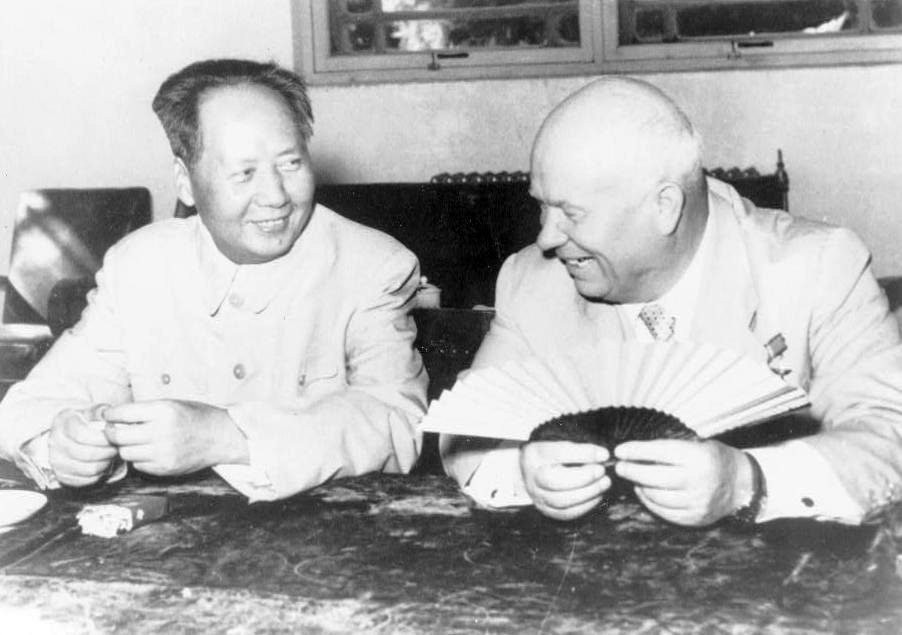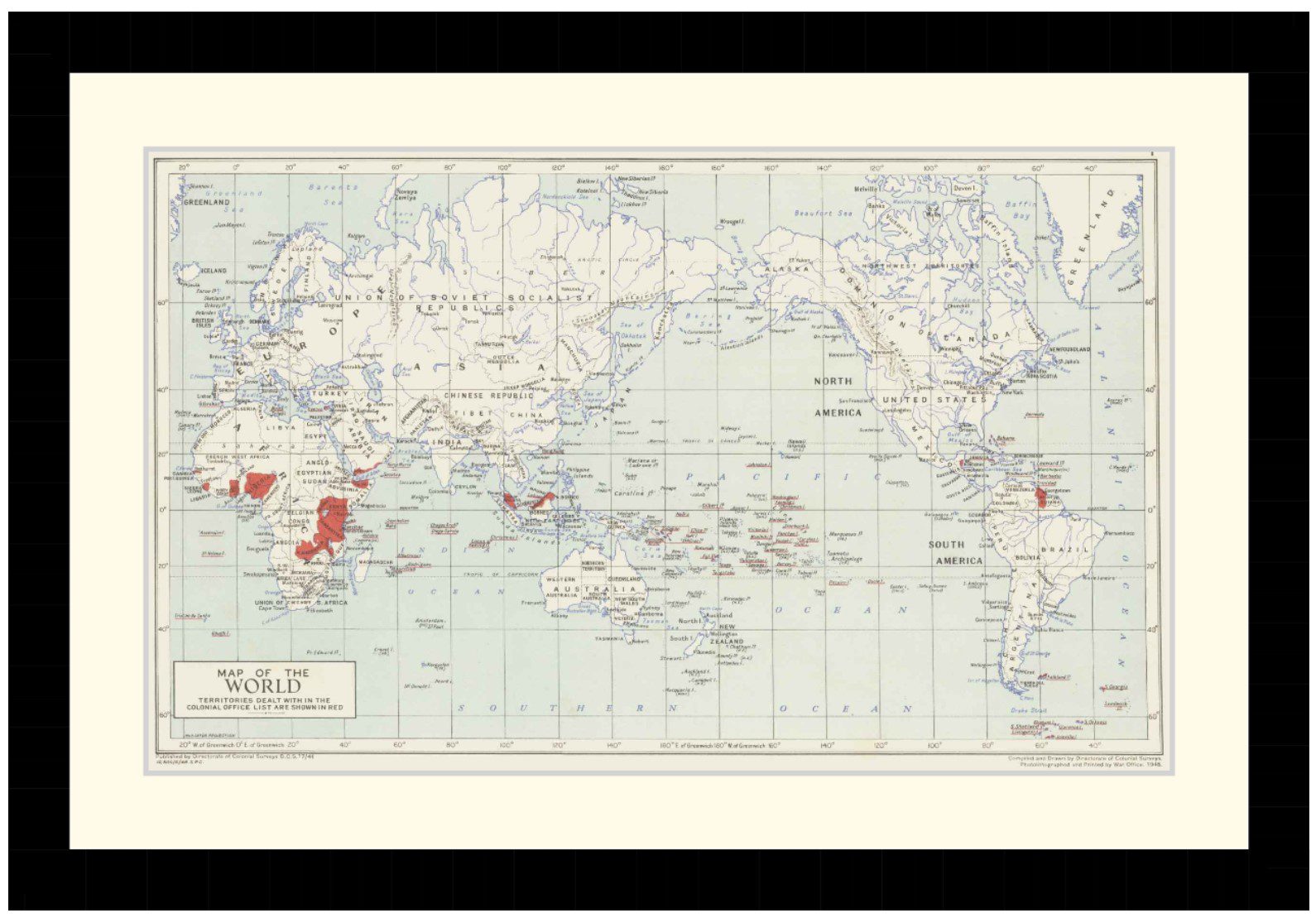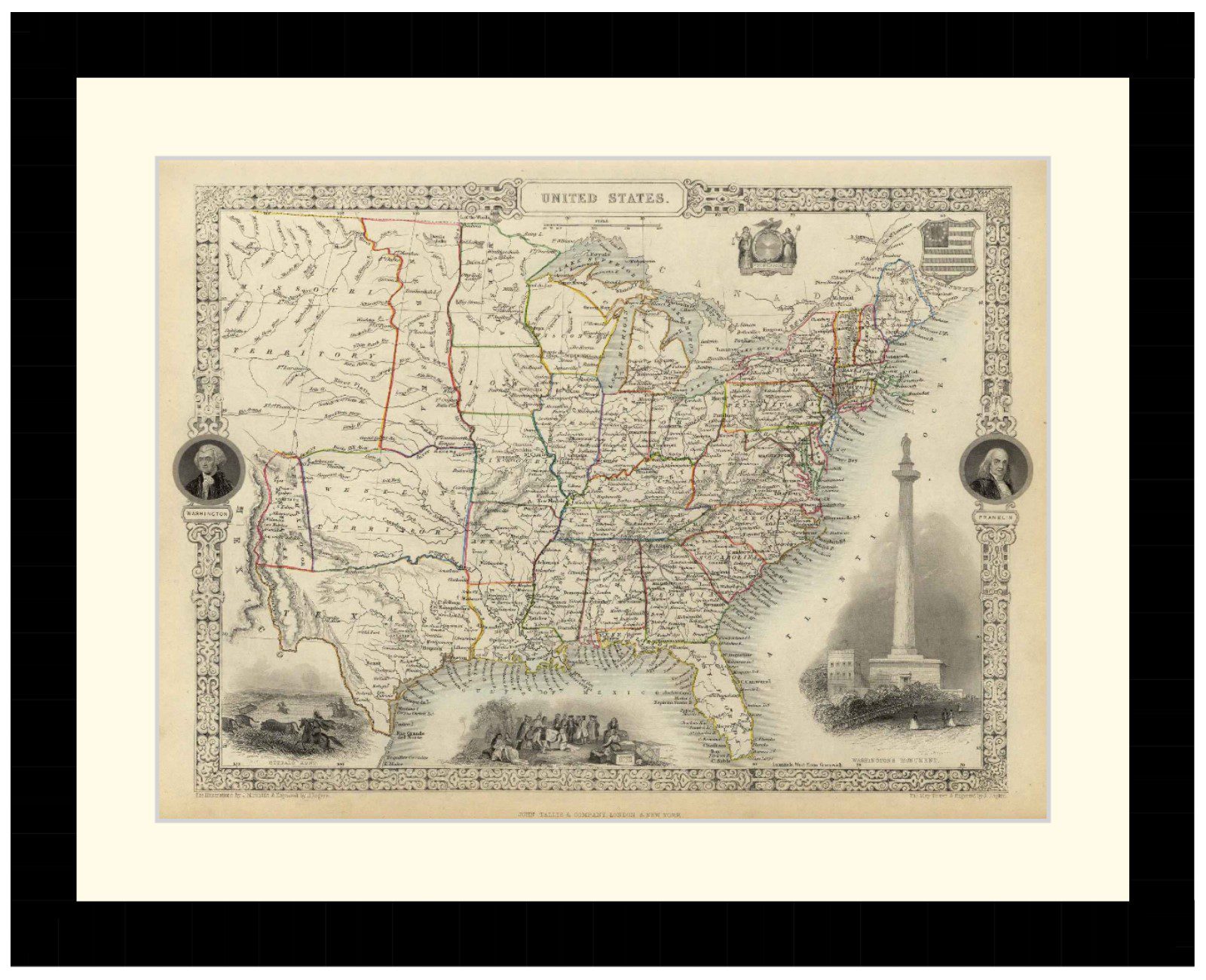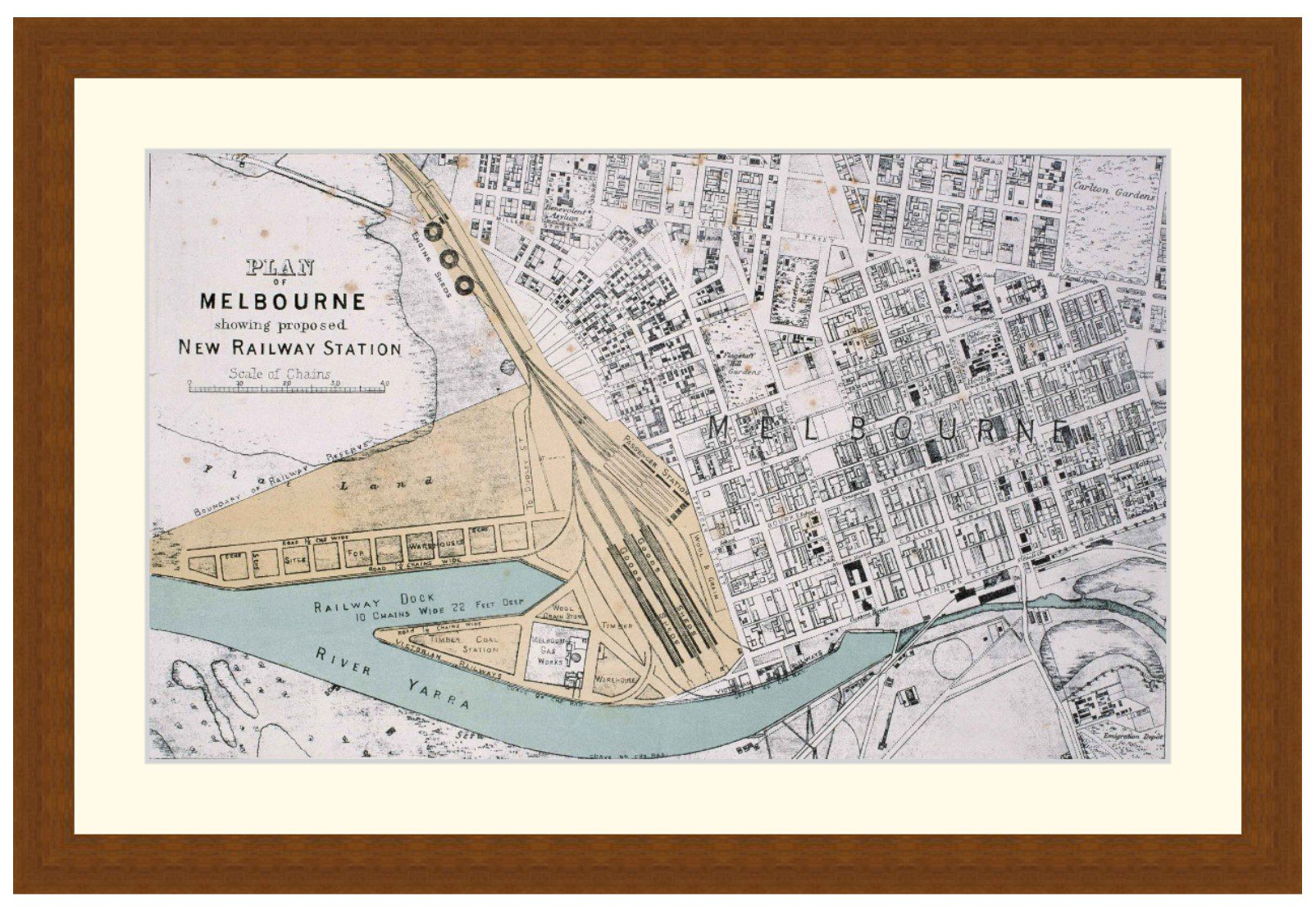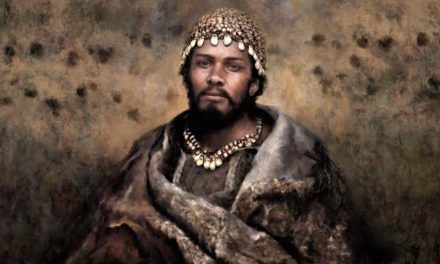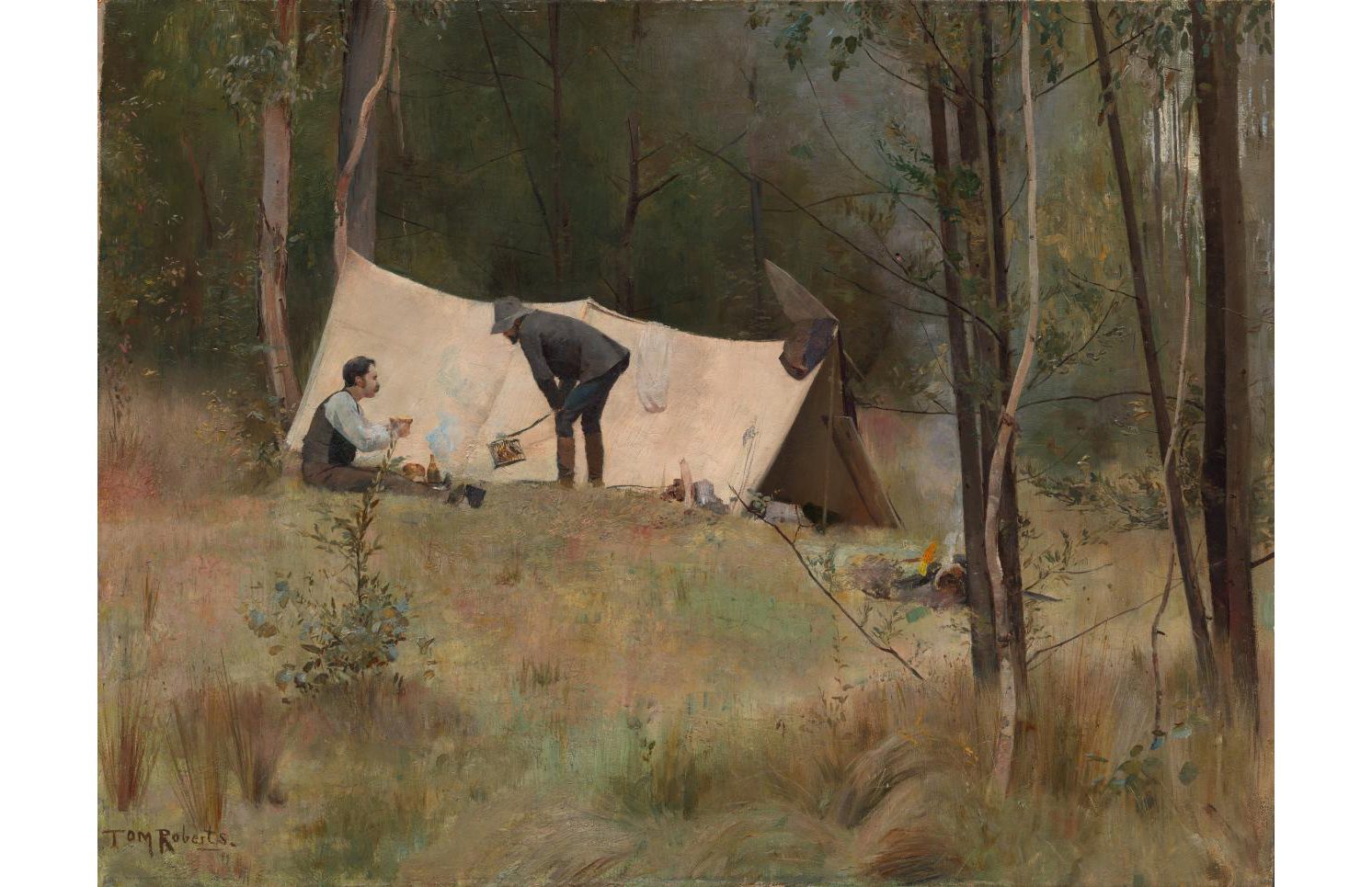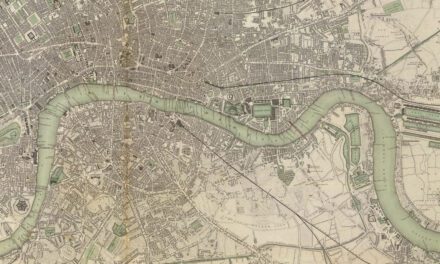History Guild General History Quiz 174
See how your history knowledge stacks up!
Want to know more about any of the questions? Scroll down to learn more!
Have an idea for a question? Suggest it here and we’ll include it in a future quiz!
The stories behind the questions
1. When did the Sino-Soviet split occur?
1960 – In the wake of Joseph Stalin’s death in 1953 the USSR embarked on a reappraisal of their principals of Marxism-Leninism and how they applied them. The Chinese Communists under Mao Zedong saw this as unacceptable revisionism which diverged from their conception of communism. This combined with the Realpolitik of influence of socialist and non-aligned countries around the world.
In the late 1960’s the conflict became hot, with border disputes leading to fighting at the Ussuri River, Zhenbao Island, and Tielieketi.
2. Who is considered to be the founder of international law?
Hugo Grotius – A Dutch humanist, diplomat, lawyer, theologian, Grotius wrote the two seminal works of early international law, On the Law of War and Peace and The Free Seas in the early 1600s.
3. Which river was the ancient city of Babylon located on?
Euphrates – Babylon became the dominant city along the Euphrates under the rule of Hammurabi around 1750 BCE.
4. What proportion of the light brigade were killed, wounded or captured in their famous charge during the Crimean War?
40% – Despite the apocalyptic descriptions of the charge in the press and the poem by Tennyson, the casualties were not complete, although they were heavy. Of the 670 who began the charge, 110 were killed and 161 wounded.
5. When did Siddhartha Gautama, known as the Buddha, die?
480 BCE – Siddhartha was born a prince, son to the chieftain of Shakya, a clan-based state located at the foothills of the Himalaya in northern India. His father wished for him to be a ruler like himself, but Siddhartha went in a different direction. At twenty-nine, after marrying and having a son, he left home. He travelled around northern India teaching his dharma—his religious ideas and practices—and gained a following of students.
6. Which of these animals were hunted by early humans in Britain?
All of the Above – Prehistoric species of all these animals have been found in Britain during the period of human occupation.
7. Which country has been the worlds most populous democracy from 1947 to the present day?
India – Independence and universal suffrage in 1947 instantly transformed India into the world’s most populous democracy, a title they have retained to this day.
8. In 1965 who said ‘I never thought Hitler was such a bad chap’?
The Duke of Windsor, former King Edward VIII – The former King’s admiration for the nazis was a significant concern and embarrassment for both the British government and Royal family. In 1940 the British government went as far as threatening to court-marshal the Duke. In the end it was decided to remove him from Europe by appointing him governor of the Bahamas, where he remained for the duration of the war. It is believed that the Germans planned on appointing the Duke as a puppet monarch in the event of German victory over Britain.
9. In the 1700s and 1800s which country had a class of people known as state-owned peasants?
Russia – A special class in 18th-19th century Russia that during some periods comprised half of the agricultural population. In contrast to private Russian serfs, these were considered personally free although attached to the land.
10. Which Soviet leader was integral in the brutal repression of both the Hungarian Uprising of 1956 and the 1968 Prague Spring?
Yuri Andropov – Andropov was Soviet ambassador during the 1956 Hungarian Uprising. He argued strongly for its rapid and violent suppression. He became head of the KGB in 1967, in which role he again argued for strong military action in response to the 1968 Prague Spring Uprising.

